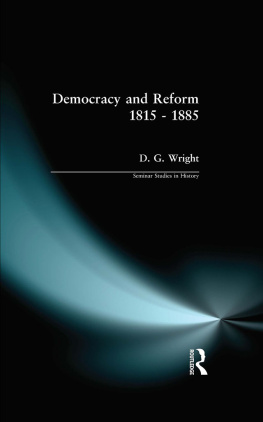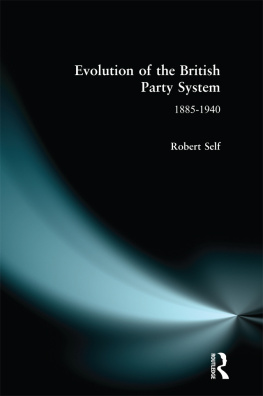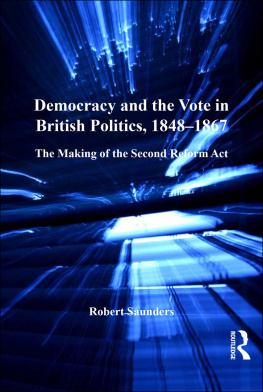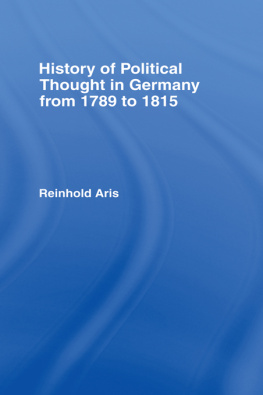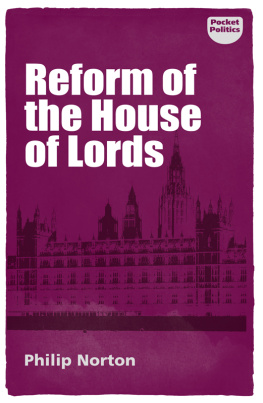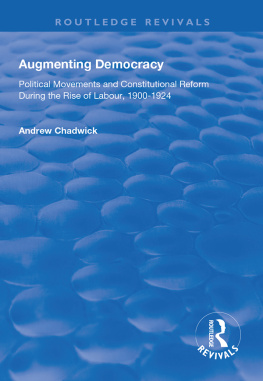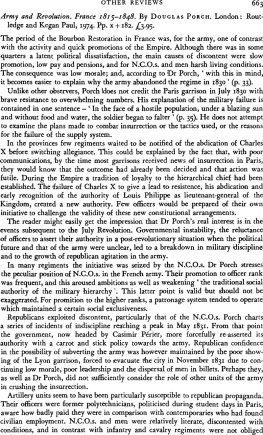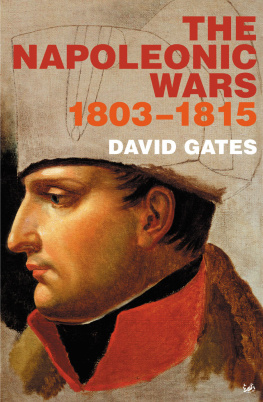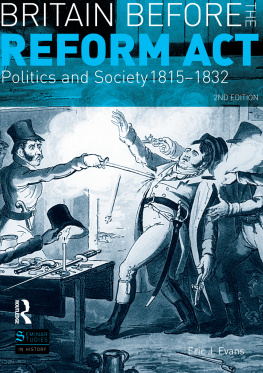SEMINAR STUDIES IN HISTORY
DEMOCRACY AND REFORM 18151885
SEMINAR STUDIES IN HISTORY
Democracy and Reform 18151885
D. G. Wright
First published 1970 by Pearson Education Limited
Published 2014 by Routledge
2 Park Square, Milton Park, Abingdon, Oxon OX14 4RN
711 Third Avenue, New York, NY 10017, USA
Routledge is an imprint of the Taylor & Francis Group, an informa business
Copyright 1970, Taylor & Francis.
All rights reserved. No part of this book may be reprinted or reproduced or utilised in any form or by any electronic, mechanical, or other means, now known or hereafter invented, including photocopying and recording, or in any information storage or retrieval system, without permission in writing from the publishers.
Notices
Knowledge and best practice in this field are constantly changing. As new research and experience broaden our understanding, changes in research methods, professional practices, or medical treatment may become necessary.
Practitioners and researchers must always rely on their own experience and knowledge in evaluating and using any information, methods, compounds, or experiments described herein. In using such information or methods they should be mindful of their own safety and the safety of others, including parties for whom they have a professional responsibility.
To the fullest extent of the law, neither the Publisher nor the authors, contributors, or editors, assume any liability for any injury and/or damage to persons or property as a matter of products liability, negligence or otherwise, or from any use or operation of any methods, products, instructions, or ideas contained in the material herein.
ISBN 13: 978-0-582-31400-9 (pbk)
The seminar method of teaching is being used increasingly in VI forms and at universities. It is a way of learning in smaller groups through discussion, designed both to get away from and to supplement the basic lecture techniques. To be successful, the members of a seminar must be informed, or elsein the unkind phrase of a cynicit can be a 'pooling of ignorance'. The chapter in the textbook of English or European history by its nature cannot provide material in this depth, but at the same time the full academic work may be too long and perhaps too advanced for students at this level.
For this reason we have invited practising teachers in universities, schools and colleges of further education to contribute short studies on specialised aspects of British and European history with these special needs and pupils of this age in mind. For this series the authors have been asked to provide, in addition to their basic analysis, a full selection of documentary material of all kinds and an up-to-date and comprehensive bibliography. Both these sections are referred to in the text, but it is hoped that they will prove to be valuable teaching and learning aids in themselves.
Note on the System of References:
A bold number in round brackets () in the text refers the reader to the corresponding entry in the Bibliography section at the end of the book.
A bold number in square brackets, preceded by 'doc.' [doc. 6 ] refers the reader to the corresponding items in the section of Documents, which follows the main text.
PATRICK RICHARDSON
General Editor
For Victoria
Part One
Introduction
Modern Britain is a representative parliamentary democracy. Electors vote for the 'image' of a party, or even its leader, rather than for a particular candidate judged on his own merits. A government is formed by the party which obtains a majority of seats at a general election. Until the next election, effective power rests in the hands of the Prime Minister, as leader of the party, and his chief Cabinet ministers. The genuine political power of the monarch and the House of Lords is minimal. Assisted by a large and politically neutral civil service, central government has assumed a pervasive influence over the lives of the people since the mid-nineteenth century.
General elections, held by law every five years (though in practice rather more often) are really general, since the vast majority of seats are contested. They also constitute a genuine 'appeal to the people', for voting is by universal adult suffrage, with only minor exceptions. Again, most adults can stand for election, although prohibited groups are rather more numerous than those disqualified from voting. In practice, chances of election are remote unless a candidate has been adopted by one of the main parties. Modern British politics are dominated by the great party machines, which closely link constituency parties to those in Parliament. Constituencies return only one member, although they still vary considerably in size. Election expenses are subject to a strict legal limit and there are stringent laws against electoral corruption. Voting is by secret ballot ().
While the present electoral system had assumed its basic shape by 1918 ( , ch. 20).
It is true that the terms 'Whig' and 'Tory' were used, but normally only of the front bench professional politicians, those who were organised in small groups based on friendship, blood or marriage ties (Melbourne once exclaimed 'Damn the Whigs, they're all cousins!'), or a rather vague sharing of attitudes. Genuine party rivalry, often very bitter, had existed during the reigns of William III and Anne; but the long Whig supremacy after 1715 had robbed party labels of most of their meaning and by 1750 only a discontented rump of politicians continued to call themselves Tory (). Yet no ministry could ever be certain of the allegiance of the country gentlemen and it was certain to fall if their support were withdrawn.
The powers of the monarchy and the House of Lords were much greater than they are nowadays and an integral part of the workings of government. It is, perhaps, worth noting that in the eighteenth century the role of the central government was extremely limited by modern standards. Administrations contented themselves with maintaining law and order, raising taxes, conducting foreign policy ).
'The King's Government' was no empty phrase in the eighteenth century. Executive power, now in the hands of the Prime Minister, then rested with the monarch, who selected his ministers and exerted major influence on policy (). Leaders of the army, navy, civil service, Church and local government also sat in the Lords. Each had the right to proffer advice to the monarch.
Parliamentary constituencies were genuine historical communities, unlike the somewhat artificial units of today. They were divided into two groups: the boroughs and the counties. Most boroughs and each of the counties sent two members to Westminster. By an Act of 1710 a county member had to possess an assured annual income from land of 600; for borough members it was 300, In the eighteenth century there were 558 seats: 489 in England, 24 in Wales and 45 in Scotland. There were 122 members for counties and 432 for boroughs. Voters in county elections had to possess a 'freehold' worth 40. This sum had been fixed in 1430 and the subsequent decline in the value of money meant that the franchise was a relatively wide one. 'Freehold' could mean land, posts in Church and state, or a guaranteed annual cash income. The fact that each county sent two members ignored population. In 1761 Yorkshire had over 15,000 electors and Rutland only 609.


